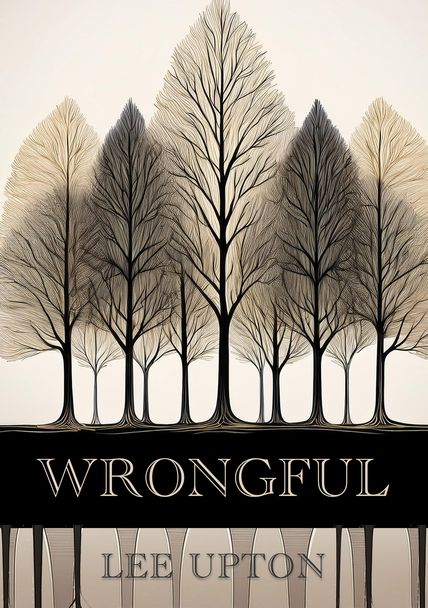 We have a copy of Wrongful by Lee Upton to give away!
We have a copy of Wrongful by Lee Upton to give away!
To win, sign up for our Free Newsletter on the right-hand side of the site and enter via the newsletter. Winner will be chosen by the end of April from subscribers who enter via the newsletter. Good luck!
 Not only does Donna F. Johnson bring her own years of experience to this, she also brings the vast knowledge and insight of so many others, both men and women. Written with authority and conviction and a profound understanding of the political and social implications of the situation, Shattered Motherhood is a vital contribution to the understanding of this all-too-often ignored crisis involving mothers of suicides.
Not only does Donna F. Johnson bring her own years of experience to this, she also brings the vast knowledge and insight of so many others, both men and women. Written with authority and conviction and a profound understanding of the political and social implications of the situation, Shattered Motherhood is a vital contribution to the understanding of this all-too-often ignored crisis involving mothers of suicides.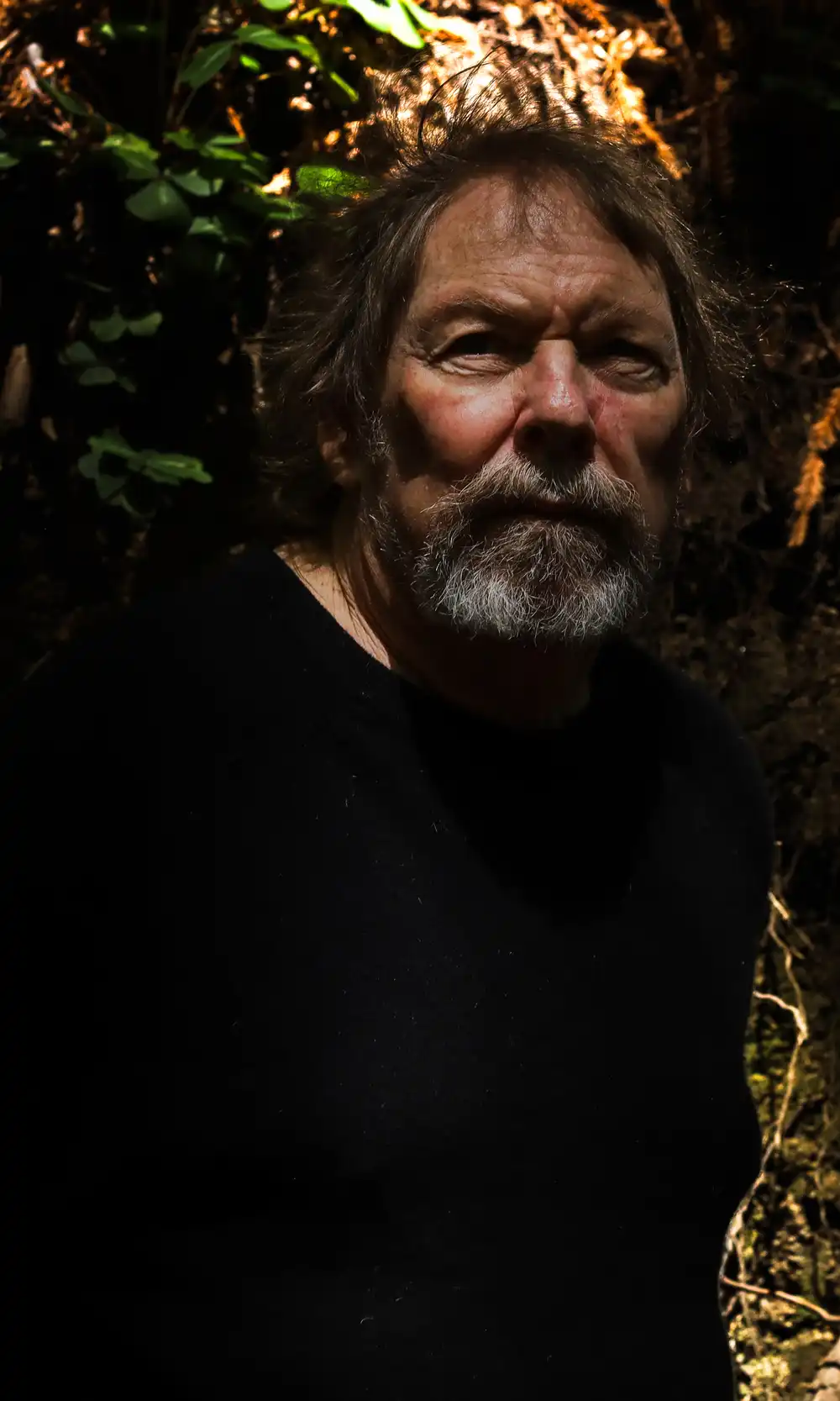 The author of Jane talks about his latest book, his writing process, his influences and personal history, his themes, his new book in the works, and lots more.
The author of Jane talks about his latest book, his writing process, his influences and personal history, his themes, his new book in the works, and lots more.  Falconer gives us a detail-rich survey of those movements, beginning with Futurism, announced in a 1909 manifesto on the front page of Paris’ Le Figaro, and running through Dadaism, Russian Constructivism, De Stijl, and the Bauhaus, and ending with the post-WWII movement Situationism. The story he tells is of artists willing to break with art’s past and to reinvent its formal language, its materials, and above all, its relationship to life.
Falconer gives us a detail-rich survey of those movements, beginning with Futurism, announced in a 1909 manifesto on the front page of Paris’ Le Figaro, and running through Dadaism, Russian Constructivism, De Stijl, and the Bauhaus, and ending with the post-WWII movement Situationism. The story he tells is of artists willing to break with art’s past and to reinvent its formal language, its materials, and above all, its relationship to life. Rieves knots subjects together: moments of closeness, lack of friendship, learning to tie knots, rain, what the Bible says, pitching tents, sounds of rain. Thoughts do not happen in isolation; one leads on to others concerning a gesture, an action, a sight. In Rieves’ poetry, the reader’s mind travels with him. Is this “free association?” It is an exploration of a poetic mind, a mind that observes objects, places, people, and itself.
Rieves knots subjects together: moments of closeness, lack of friendship, learning to tie knots, rain, what the Bible says, pitching tents, sounds of rain. Thoughts do not happen in isolation; one leads on to others concerning a gesture, an action, a sight. In Rieves’ poetry, the reader’s mind travels with him. Is this “free association?” It is an exploration of a poetic mind, a mind that observes objects, places, people, and itself.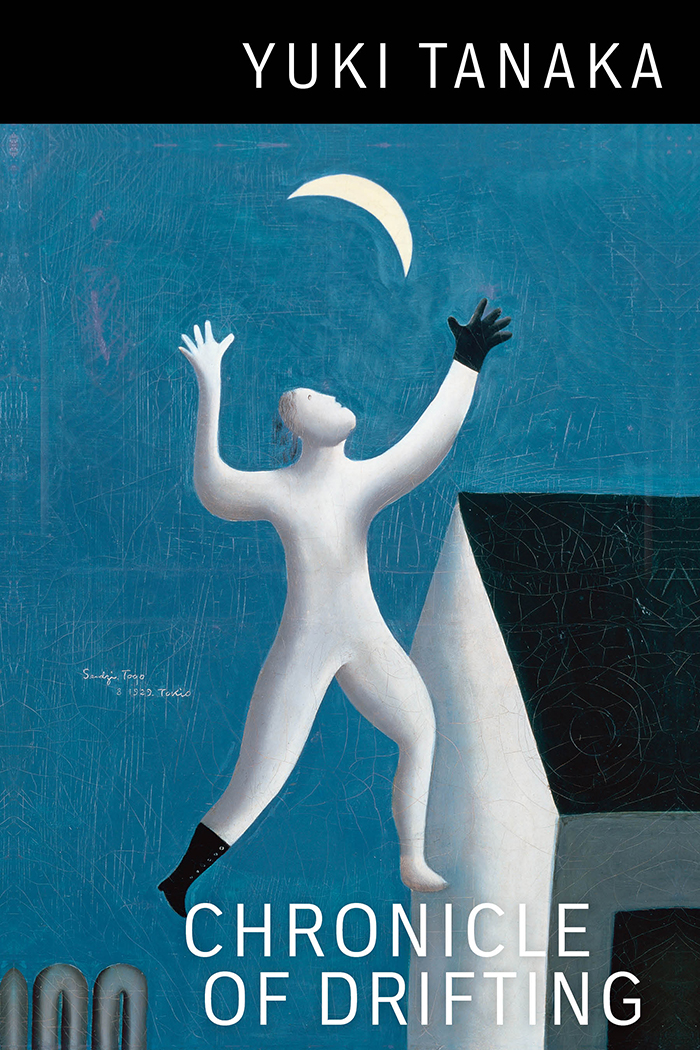 Tanaka, who teaches literature at Hosei University in Tokyo, teases out the etymologies of Japanese words throughout. “Two words for ‘heart.’ Kokoro means heart in a moral, spiritual sense,” he writes in one of the “Chronicles of Drifting” prose fragments, “it never refers to the organ. Shinzo, it always does.”
Tanaka, who teaches literature at Hosei University in Tokyo, teases out the etymologies of Japanese words throughout. “Two words for ‘heart.’ Kokoro means heart in a moral, spiritual sense,” he writes in one of the “Chronicles of Drifting” prose fragments, “it never refers to the organ. Shinzo, it always does.”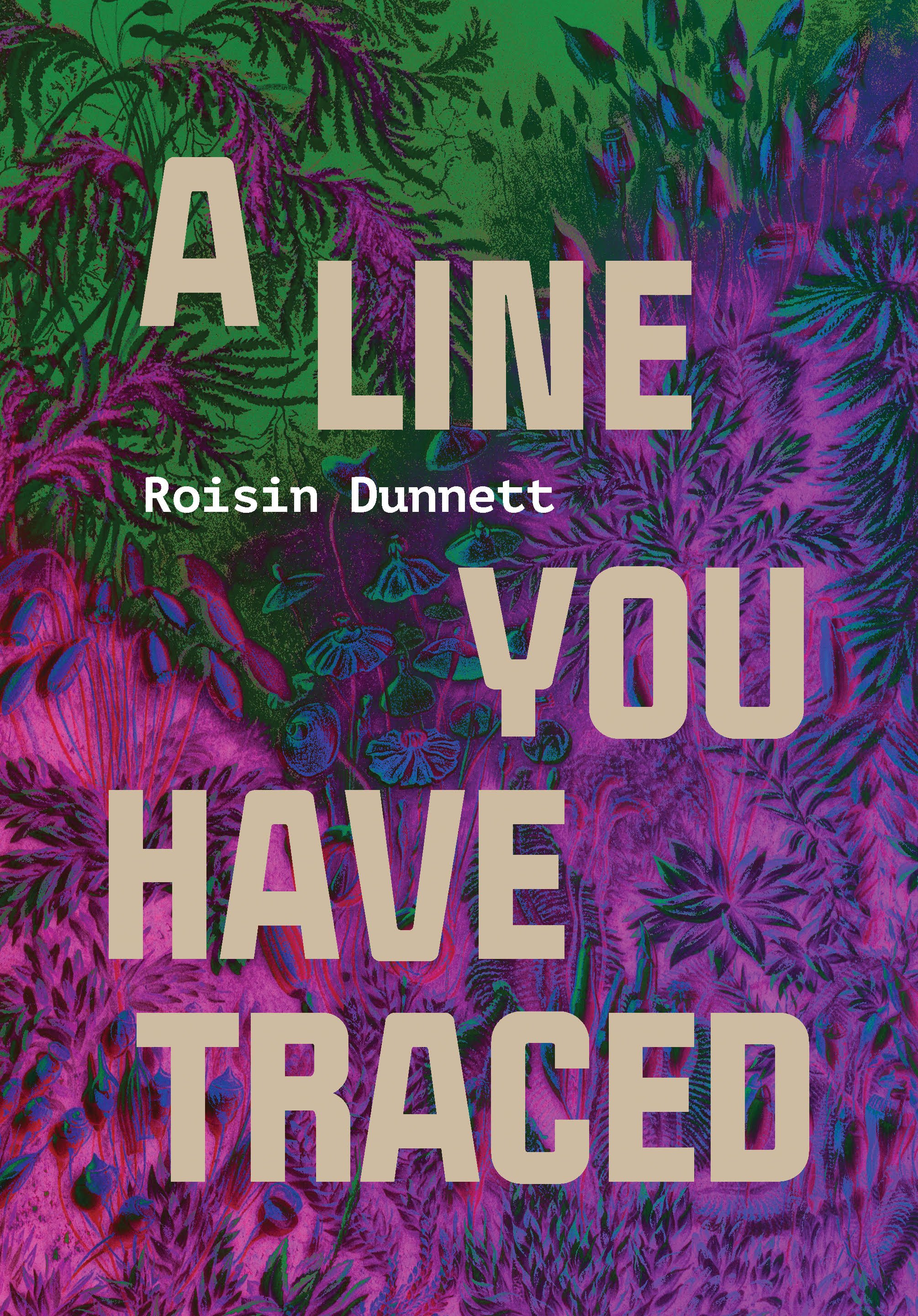 In a future where drones diagnose humans, parakeets freely soar, and bananas are a rare delicacy, the idea of altering past events and shaping a better future for everyone captivates the reader. Ess, a member of a network preparing for the end of human life on earth, is primed to travel into the past to help save the present, quietly battling the novel’s villain: the dark side of our collective humanity and the ghosts of what might have been.
In a future where drones diagnose humans, parakeets freely soar, and bananas are a rare delicacy, the idea of altering past events and shaping a better future for everyone captivates the reader. Ess, a member of a network preparing for the end of human life on earth, is primed to travel into the past to help save the present, quietly battling the novel’s villain: the dark side of our collective humanity and the ghosts of what might have been. I’ve been fascinated by Martin’s work since we first met in the mid 1980s. His observations are probing without condescension, and his special brand of humor highlights the peculiarities of human nature as well as the mysteries of the world. He is prolific but never redundant. Given the particularly turbulent state of the world currently, I believe his work is extremely relevant, and readers can benefit greatly from his insights.
I’ve been fascinated by Martin’s work since we first met in the mid 1980s. His observations are probing without condescension, and his special brand of humor highlights the peculiarities of human nature as well as the mysteries of the world. He is prolific but never redundant. Given the particularly turbulent state of the world currently, I believe his work is extremely relevant, and readers can benefit greatly from his insights.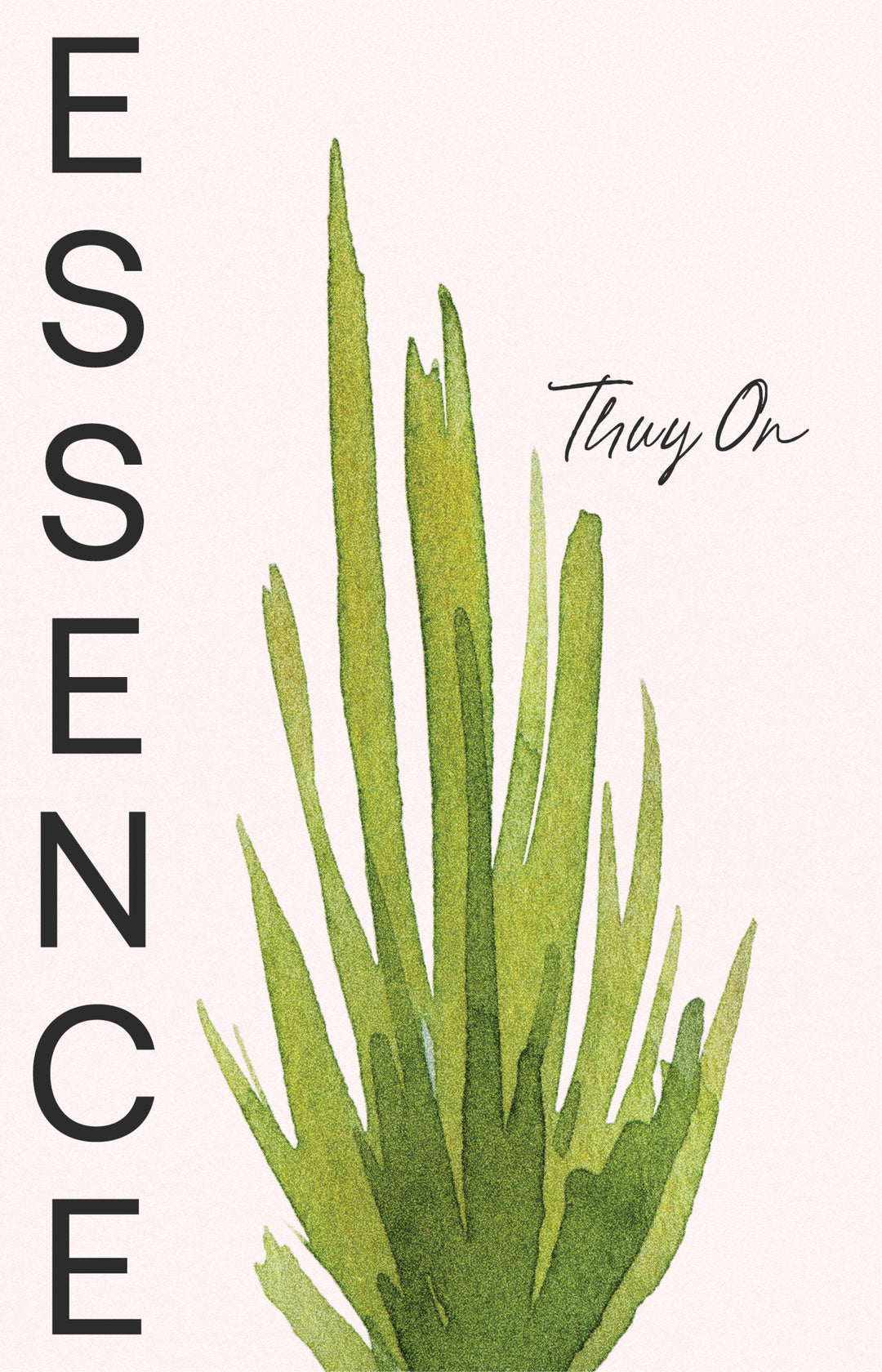 The short poems throughout Essence work perfectly for the discrete subject matter and are easy to read, but the simplicity belies the depth of this work or the way it interrogates language and the impact it has. Readers will enjoy the many literary references and links throughout the book, and the way in which On collates external sources with a sensual framework. Essence is a pleasure to read, beautifully written, funny and often deeply moving.
The short poems throughout Essence work perfectly for the discrete subject matter and are easy to read, but the simplicity belies the depth of this work or the way it interrogates language and the impact it has. Readers will enjoy the many literary references and links throughout the book, and the way in which On collates external sources with a sensual framework. Essence is a pleasure to read, beautifully written, funny and often deeply moving. Twelve Days of Transfer tells the story of Kedney’s own unsuccessful attempts at carrying a child, the complex emotional responses to the inability to conceive, the guilt, the grief, but also the relief. She writes about her experiences in grief support groups and with friends, as well as her own complex IVF experience.
Twelve Days of Transfer tells the story of Kedney’s own unsuccessful attempts at carrying a child, the complex emotional responses to the inability to conceive, the guilt, the grief, but also the relief. She writes about her experiences in grief support groups and with friends, as well as her own complex IVF experience.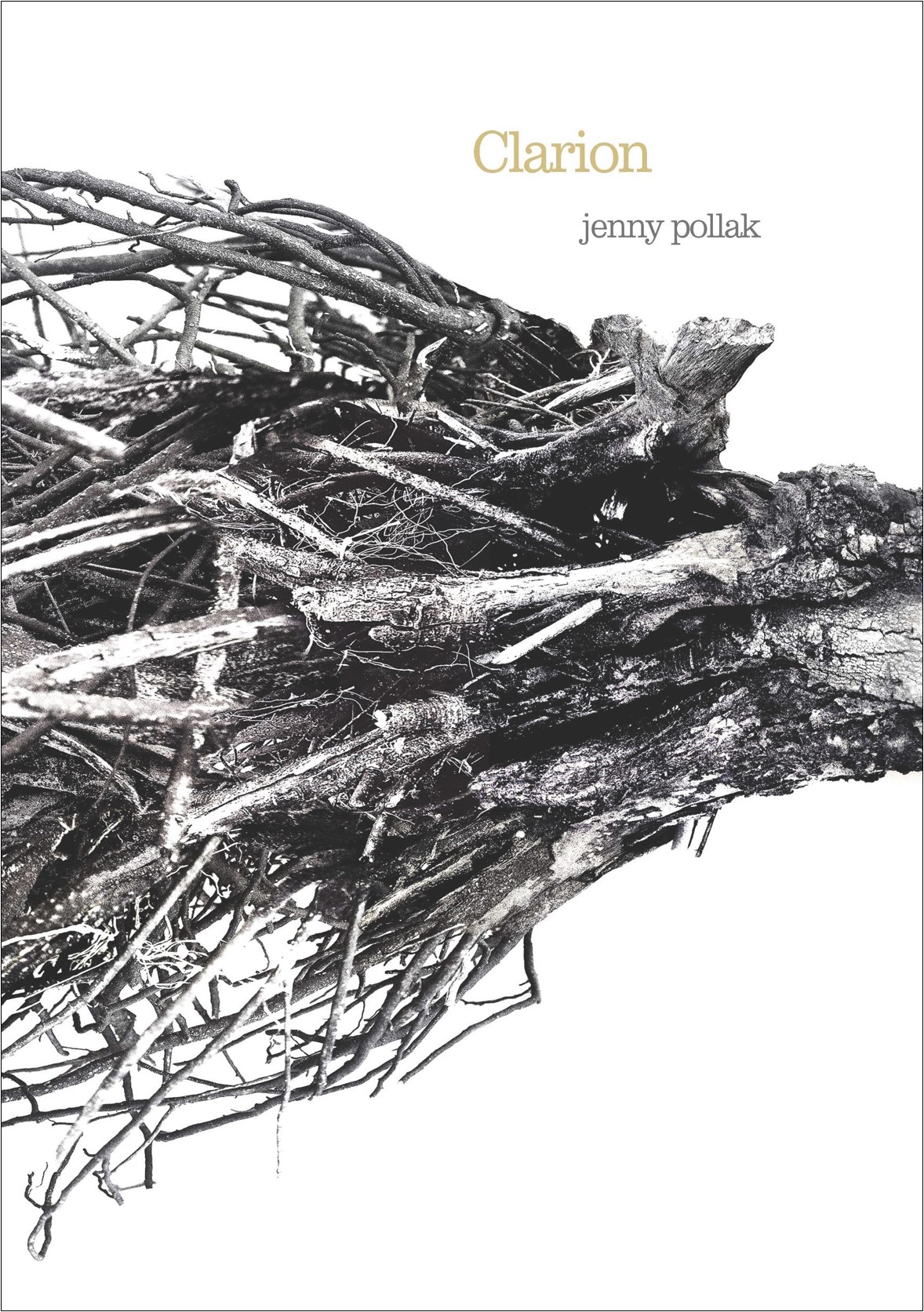 This book is a poetic and visual artistry, it is also a love song shaped from nature’s elements — sand, salt and time. Pollak reminds us that sticks, though broken, remain strong, wild and full of untamed beauty, capable of profound acts of resilience and grace.
This book is a poetic and visual artistry, it is also a love song shaped from nature’s elements — sand, salt and time. Pollak reminds us that sticks, though broken, remain strong, wild and full of untamed beauty, capable of profound acts of resilience and grace.